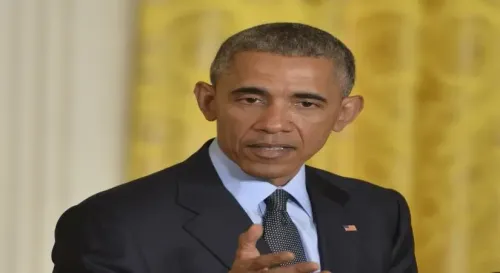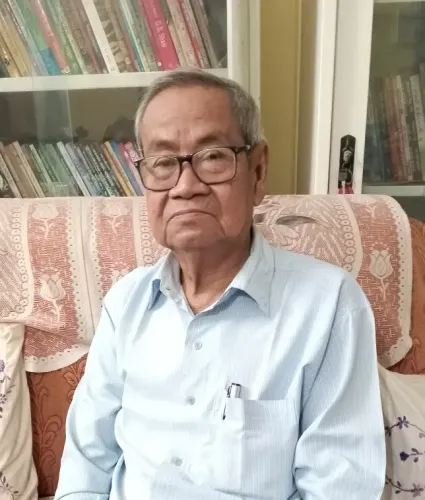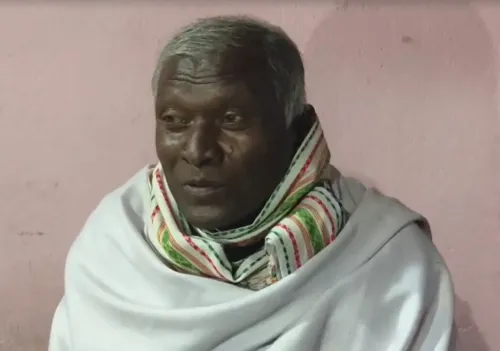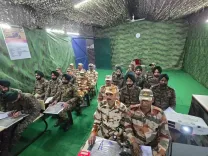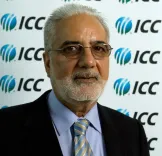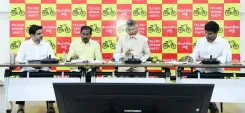Did the CBI Catch a Central Coalfields Manager Taking a Rs 50,000 Bribe?

Synopsis
Key Takeaways
- The CBI arrested a CCL manager for taking a bribe.
- The bribe was sought from a job seeker under compassionate grounds.
- Swift CBI action highlights corruption issues in public sectors.
- Related cases show a broader problem of financial misconduct.
- Public trust in employment processes is at stake.
Ranchi, Nov 7 (NationPress) - The Central Bureau of Investigation (CBI) has detained an official from Central Coalfields Limited (CCL) in Jharkhand for allegedly accepting a bribe of Rs 50,000 from a job aspirant seeking employment on compassionate grounds, according to official reports released on Friday.
Dipak Giri, who serves as the Manager for Personnel-HR at the Central Coalfields Limited (CCL), Dakra Project Office, had solicited the bribe from an individual who had applied for a position under the compassionate employment provisions, as stated in a CBI announcement.
The CBI initiated the investigation on Thursday after receiving a complaint that Giri demanded Rs 1.5 lakh from the complainant to facilitate his appointment on compassionate grounds.
Eventually, the accused consented to accept an initial bribe of Rs 50,000, as confirmed by the CBI.
The agency set up a sting operation and caught Giri in the act of demanding and accepting the bribe of Rs 50,000 from the complainant.
In a related case in Uttar Pradesh, a Special CBI Court (West) in Lucknow convicted two retired officials from the State Bank of India and a local infrastructure company involved in a fraud case dating back 15 years, amounting to Rs 5.7 crore.
Subhash Chandra Aggarwal, a retired deputy manager, and Joy Chakravarti, a former desk officer, both from SBI’s main branch, received three years of rigorous imprisonment along with a fine of Rs 30,000.
The company implicated, Addyapolo Projects Private Limited, incurred a corporate penalty of Rs 10 lakh. The company’s mastermind, director Kranti Kumar Singh, passed away during the trial.
The fraudulent scheme initiated in 2009 involved Singh creating fake invoices and balance sheets to establish three sham supplier entities: Zassoda Global Marketing, RK Traders, and Sambhav Enterprises.
Using these fabricated documents, he convinced Aggarwal and Chakravarti to approve a term loan of Rs 5.7 crore, supposedly for machinery purchases. Once the funds were released, Singh discreetly funneled the money into his personal accounts.


